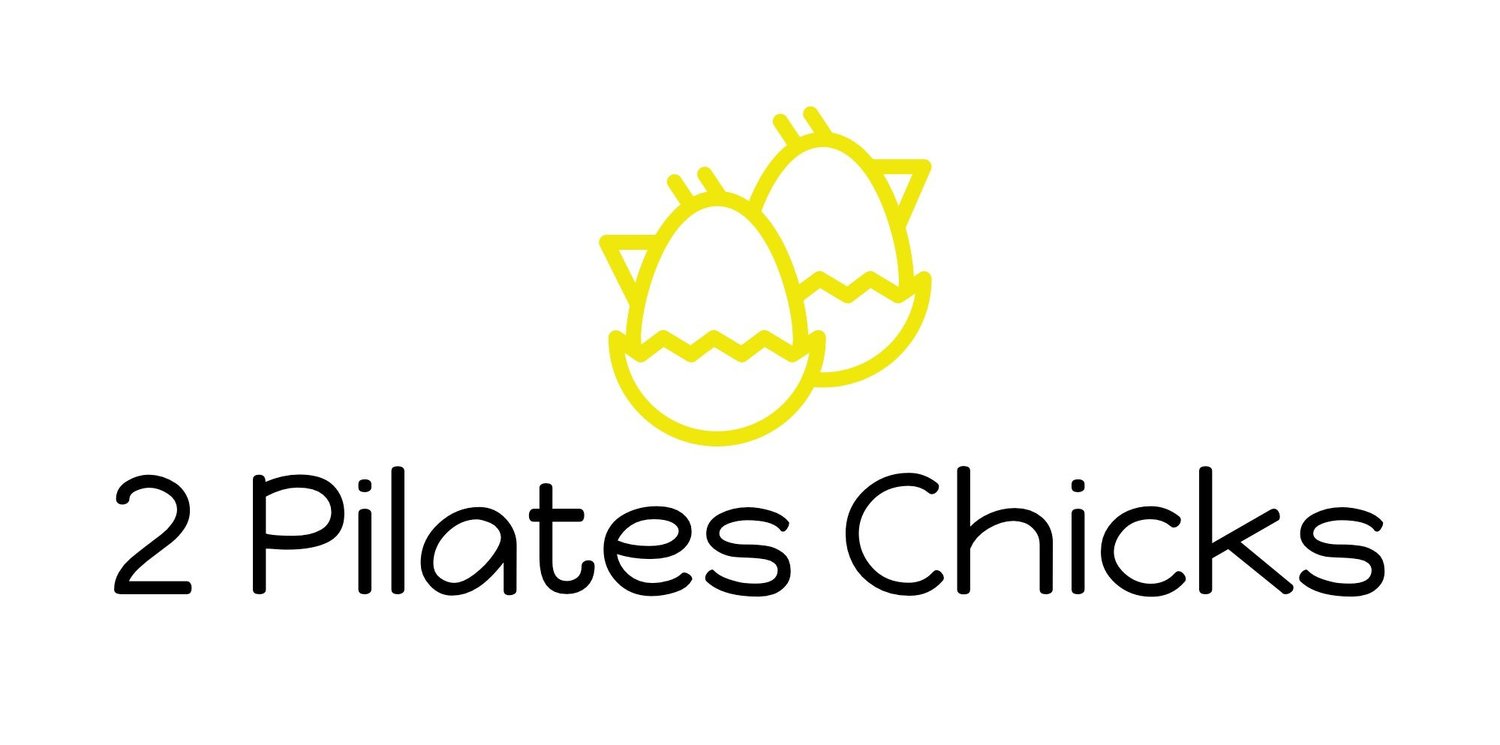Non-Negotiable Boundaries for Pilates Teachers in a Changing World
Is social media changing what is appropriate to discuss in the Pilates studio? Are there topics that shouldn't be acceptable for conversation during a session? What boundaries do you feel are unacceptable for a client to dismiss?
In Season 6 Episode 8, "Non-Negotiable Boundaries for Pilates Teachers," we dive into a recurring issue: the intrusion of divisive external topics, particularly politics, in the studio. We heard a poignant story from a long-time teacher, mirroring experiences many of us have faced, where a client's strong political views led to a personal attack, leaving the teacher feeling upset and questioning her thinking. This wasn't just an awkward moment; it was, as the episode highlighted, an abusive interaction that left the teacher in tears and distress for days following the incident with this particular client.
The Pilates studio has always been a special place for clients and teachers alike to find centering, movement, and a sense of well-being. But in an increasingly polarized world, the lines of what's appropriate to discuss within this space are becoming blurred, leading to uncomfortable situations and challenging conversations for Pilates teachers.
Traditionally, society has held certain unspoken rules about appropriate topics in social settings – politics, religion, and finances were generally off-limits to maintain a respectful and neutral environment. However, the prevalence of social media seems to have emboldened people to express views face-to-face that they might have previously kept to themselves.
While it's perfectly fine for a teacher's and client's personal beliefs not to be aligned, the Pilates studio is not the arena for such discussions. When these conversations arise, they can quickly transform the safe, supportive space we strive to create into an uncomfortable, even hostile, environment.
As teachers, we build relationships with our clients over time. This comfort fosters trust and rapport for their private sessions. However, it can also become a problem when a client feels so comfortable that they overstep boundaries, leading to personal attacks, snide remarks, and making the teacher feel belittled or disrespected in their own studio.
These moments can be disorienting: "Did I really just hear that? What do they mean? Did they really just say that to me?" Sometimes, these boundary pushes are gradual, snowballing over time until a seemingly small comment becomes a significant transgression.
The Cost of Compromising Boundaries
The impact of these interactions extends far beyond the single hour of a session. As the teacher in our example story experienced, it can drain your energy, affect your mood for the rest of the day, and even spill into your personal life or subsequent sessions. As Pilates teachers, we are often empathetic personalities and people pleasers, making it even harder to address these situations. But when a client's behavior affects your confidence, your sense of safety, and your overall well-being, it's time to reflect.
Defining Your Non-Negotiables
Every Pilates teacher must define their non-negotiable boundaries. These are the lines that, when crossed, necessitate a change. Considerations include:
Your Values: What are your core values, and how are they being challenged?
Your Comfort Level: Are you truly okay with the conversation, or are you just "letting it slide"?
Personal Impact: How is this interaction affecting you emotionally, mentally, and physically?
Professionalism: Is the conversation maintaining the professional environment of the studio?
Impact on Others: Are other teachers or clients in the space also made to feel uncomfortable?
Strategies for Addressing Boundary Violations
While firing a client is a difficult decision, especially for newer teachers concerned about income or studio policies, it's a legitimate option when boundaries are repeatedly violated and the relationship becomes abusive. However, there are also other strategies to consider:
Direct Deflection: "This is your Pilates time; let's focus on your breath/movement."
Very Direct Statement: "I'm not comfortable discussing that topic here."
Subtle Redirection: Ignore the problematic comment and immediately redirect the conversation to a Pilates-related cue or equipment (e.g., "Okay, we're going to the Cadillac now.").
Taking Care of Ourselves, Supporting Our Community
Ultimately, the Pilates studio is a place for clients to leave feeling better than when they arrived, letting go of the outside world's stresses. If teachers are made to feel bad or unsafe in their own space, this core purpose is undermined. Taking charge of the situation and asserting your boundaries, though scary, will make you a stronger, more confident teacher. By taking care of ourselves and setting clear boundaries, we ensure that we can continue to share our passion for Pilates and provide the safe, supportive, and uplifting environment our clients deserve.





